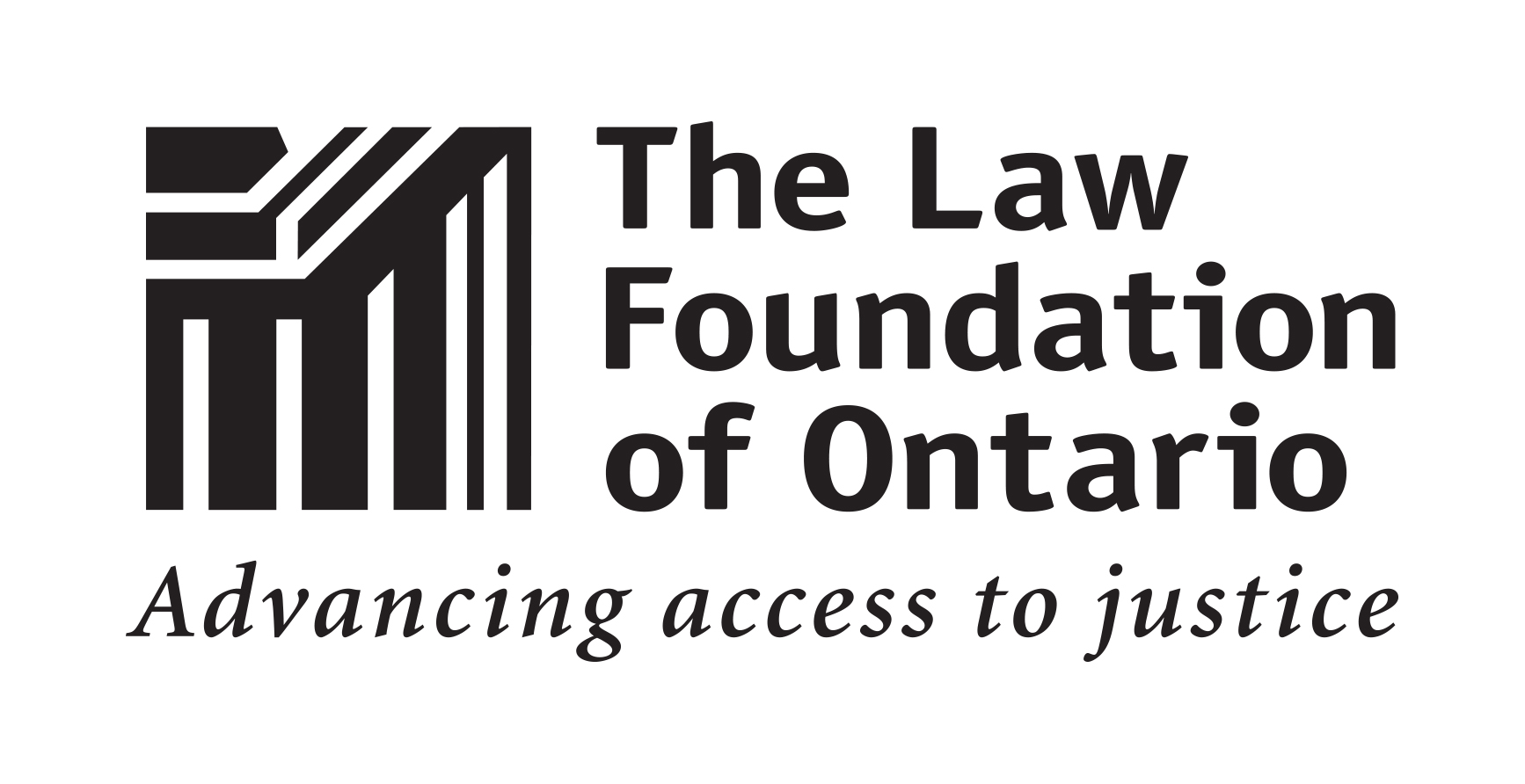
Why is citizenship important?
Obtaining citizenship allows a person to participate fully in Canadian society. It grants a person a series of economic, social and political rights (including the right to vote), but most importantly, citizens enjoy the absolute right to enter and remain in Canada. This has become even more valuable because recent changes in immigration law make it easier for permanent resident status to be lost.
Acquiring Canadian citizenship is especially important for refugees because they cannot go home and are effectively stateless.
Did you know it's easier to become a Canadian citizen before turning 18?
Don’t wait – become a Canadian citizen as soon as possible. Here's why, please share:
More people qualify for citizenship now
In October 2017 changes to the Citizenship Act came into effect, with the result that many people qualify for citizenship sooner than in the past.
In particular:
- Children can apply, even if their parents can’t or don’t want to apply for Canadian citizenship.
- Applicants need to have been in Canada for 3 of the last 5 years.
- Some applicants can count some of the time spent in Canada before they became a permanent resident. They must have been in Canada as permanent residents for at least 2 years. They can also count half of each day spent in Canada before becoming a permanent resident, if they had Protected Person (refugee) status or were an authorized temporary resident. For example:
Jacinta was accepted as a refugee by the Immigration and Refugee Board in June 2015 (making her a Protected Person). She received her permanent residence in June 2016. Her one year as a Protected Person counts as six months towards the three years needed to qualify for citizenship. Assuming she remains physically present in Canada throughout, she can apply for citizenship after 2 ½ years as a permanent resident (i.e. in December 2018).
Use the Canadian government “Physical Presence Calculator” to find out when a person can apply.
Children and youth applying for citizenship alone
Children and youth under 18 years can apply if they meet the same rules as adult applicants regarding permanent residence and physical presence in Canada.
This is a new opportunity for youth who previously were barred by age from applying on their own.
Since February 2018 the application cost for minors has gone down to $100.
Examples:
- Roberto came to Canada at the age of 14 as an unaccompanied minor and was accepted as a refugee. His parents later joined him in Canada but they do not yet qualify for citizenship. Roberto can apply for citizenship as soon as he qualifies.
- Khadija (now 17 years old) and Samia (15 years) were resettled to Canada as refugees, along with their mother, three years ago. Their mother is still working at improving her English (and doesn’t have the money for her citizenship application). Khadija and Samia can apply for citizenship on their own (it will cost $100 each).
Find out more about applications for citizenship by minors.
Language/knowledge in the citizenship application
Adult applicants (aged between 18 and 54 years) must:
- Provide upfront proof of proficiency in English or French (to Canadian Language Benchmark 4 in Listening and Speaking)
- Pass the citizenship knowledge test. (Applicants who don’t pass the written test are invited back to try again. If again they don’t pass, they are offered a third chance, with the questions read out loud in a private room. Interpreters are not allowed to help with the test.)
These requirements are a barrier to some, but it is possible to request a waiver or accommodation.
Applying for a waiver or accommodation
- Check the box in the application to request for a waiver or accommodation.
- Provide detailed information about the personal circumstances of the applicant to support the request. If the person was a refugee, this should be mentioned. Letters from counsellors, teachers and other professionals can be submitted. Generally citizenship officers ask for medical evidence of an inability to pass the language or knowledge requirements to consider a compassionate waiver, but applicants can also explain their situation more broadly because “compassion” means that all relevant circumstances should be considered.
Compassionate waivers are not granted very often, but more have been allowed in recent years.
For information about the process and what officials will consider, see the guidelines.
Citizenship and cessation
In the case of people who came to Canada as refugees, an application for citizenship can lead to the person facing loss of status in Canada, if their application reveals that they returned to their home country. Since 2012, the government has used citizenship applications to launch cessation process (i.e. to strip the person of their refugee status, and permanent residence, on the basis that they no longer need Canada’s protection). It is therefore important to look into the possible implications if an application reveals that the person visited their home country.
See ccrweb.ca/en/cessation-basic-information

This resource is part of our Improving Access to Justice series funded by the Law Foundation of Ontario
